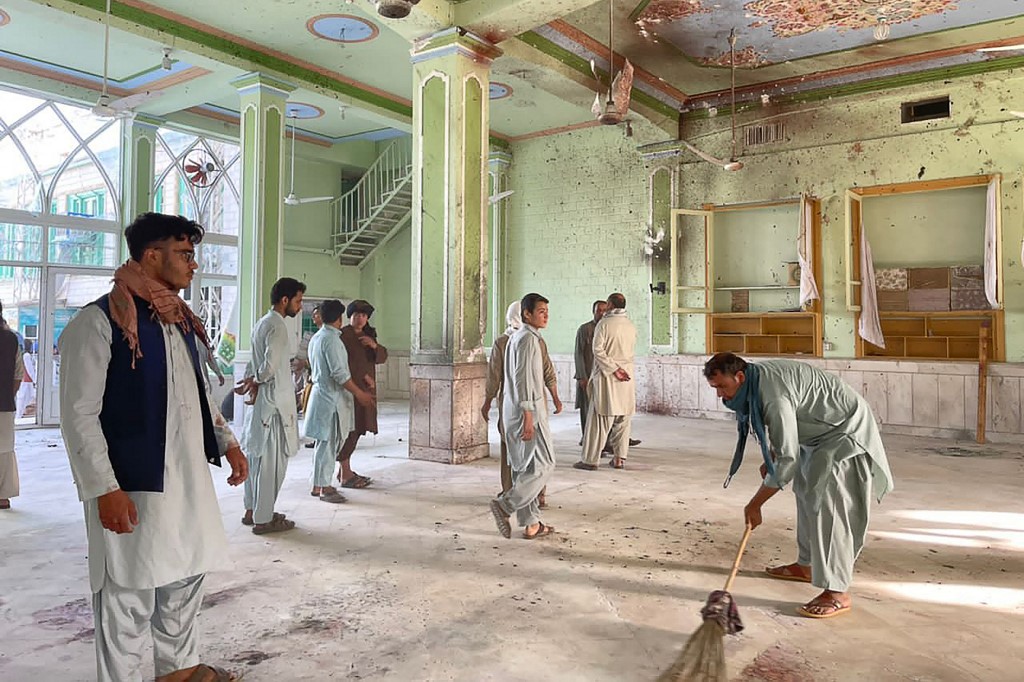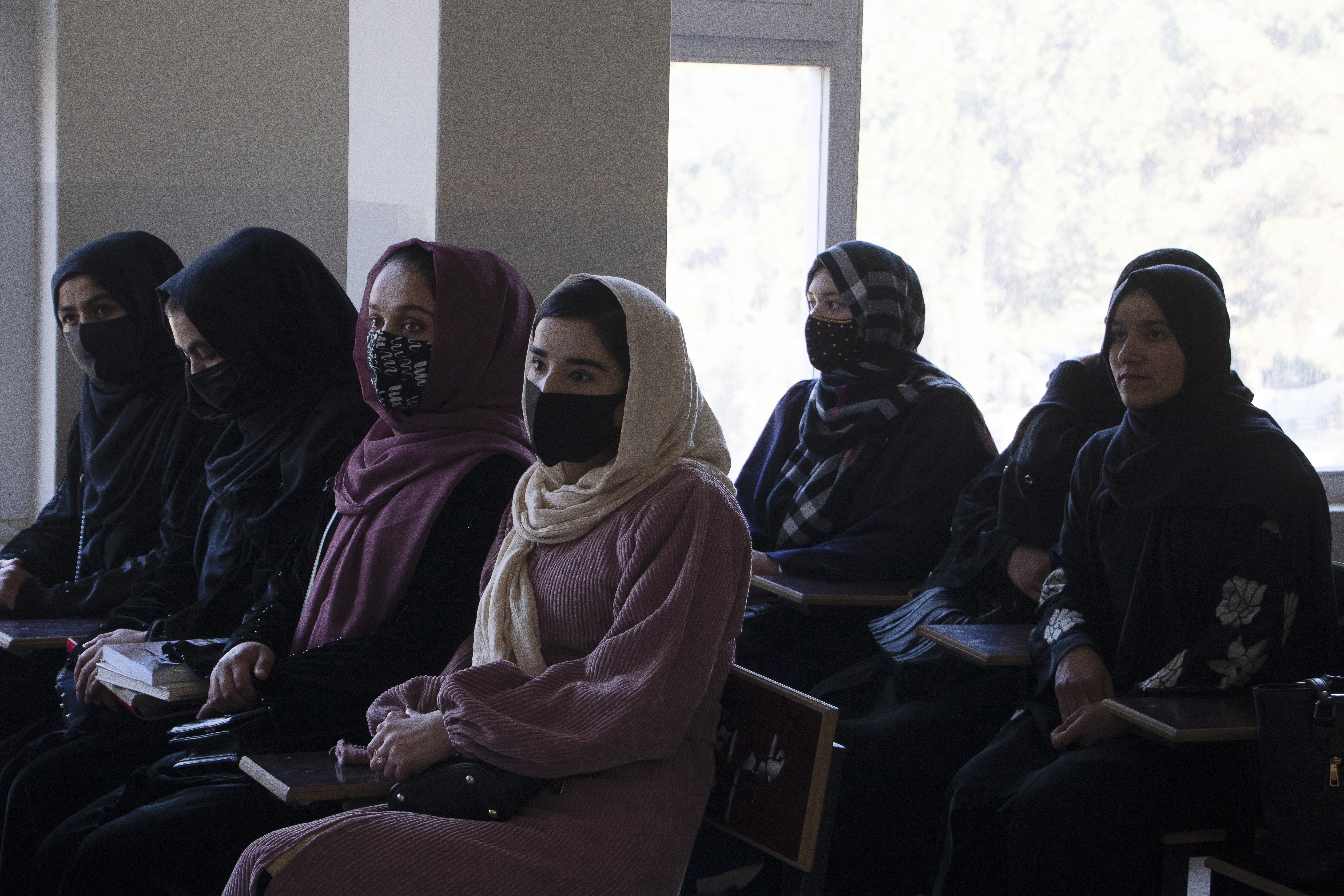
A new United Nations report has said nearly 400 civilians have been killed in attacks in Afghanistan since the Taliban takeover, more than 80 percent by a group affiliated with ISIL (ISIS).
It is the first major human rights report since the Taliban seized power from the former US-backed government in August, triggering concerns in the West about a broader rollback of rights for women, journalists and others.
It covers the period from August 2021 to the end of February and said that 397 civilians were killed mostly in a series of attacks by the Islamic State in Khorasan Province, ISKP (ISIS-K) group.
More than 50 people with suspected ties to the armed group had been killed in the same period, it said, with some tortured and beheaded and left by the roadside.

“The human rights situation for many Afghans is of profound concern,” said Michelle Bachelet, High Commissioner for Human Rights, in a speech introducing the report to the top rights body in Geneva on Monday.
“Several suicide and non-suicide attacks were perpetrated by ISKP against Shia Muslims, mostly from the Hazara ethnic group,” she added.
ISKP, which first appeared in eastern Afghanistan in late 2014, is thought to have spread in the wake of the Taliban takeover and has been blamed for several attacks in recent months, including one at Kabul airport last August.
Women’s rights
In the same speech, Bachelet said that Afghanistan’s Taliban rulers had curtailed women’s rights and freedoms. She called for women to be allowed to “fully participate” in public life.
Bachelet also referred to “a number of disturbing cases of enforced disappearances” of activists and protesters and expressed concern about restrictions on freedom of expression.
“I remain concerned by the progressive erosion of civic space,” she said.

Under their previous rule from 1996 to 2001, the Taliban barred women and girls from education. They have said they have since changed that policy.
The Geneva-based Rights Council is set to appoint a special rapporteur on Afghanistan to probe alleged violations by the Taliban and others at the end of its current month-long session.
‘Devastating’ crisis
Moreover, Bachelet said the country was facing “a devastating humanitarian and economic crisis” that hampering the Afghan people’s economic, social and cultural rights.
“More than half the population now suffer extreme levels of hunger. An increase in child labour, child marriage and the sale of children has been observed,” Bachelet noted.
According to the UN, nearly nine million Afghans are at risk of famine.
The foreign aid that once propped up the country has been slow to return in the wake of US sanctions.
The country’s economy is near collapse after international financial institutions cut funding and the US froze Afghanistan assets.
US President Joe Biden earlier this month decided to withhold about $7bn in Afgan assets, repurposing half of the money as compensation to the victims of the 9/11 attacks.
Aid agencies and experts have called for the lifting of sanctions against the Taliban, saying the measures are worsening the humanitarian crisis.







